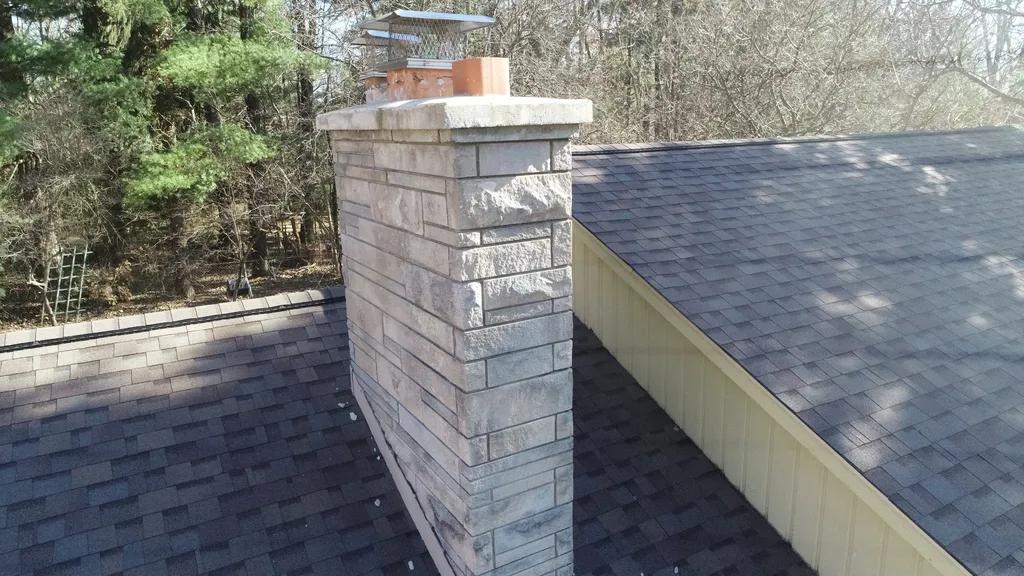Indiana is home to many historic structures that showcase the state’s rich architectural heritage. One of the most iconic features of these buildings is their intricate brickwork, which has stood the test of time. However, the preservation of these historic bricks requires specialized repair techniques and conservation methods to ensure their longevity. In this article, we will delve into the importance of restoring Indiana’s historic bricks and explore the best practices for maintaining these architectural gems for future generations to enjoy.
Table of Contents
- Restoring Indiana’s Historic Bricks: Understanding the Importance of Preservation
- Conservation Methods for Indiana’s Aging Brick Structures
- Effective Repair Techniques for Maintaining Indiana’s Historic Bricks
- Q&A
- Key Takeaways

Restoring Indiana’s Historic Bricks: Understanding the Importance of Preservation
When it comes to restoring Indiana’s historic bricks, it is essential to understand the importance of preservation techniques. These bricks hold a significant value in the state’s architectural history, and proper care and conservation methods are key to maintaining their integrity and beauty for future generations to appreciate.
Repair techniques for historic bricks often involve delicate processes such as repointing, replacing damaged bricks, and cleaning to ensure that the original aesthetic of the structure is preserved. Conservation methods like consolidating deteriorated bricks, protecting them from environmental factors, and regular maintenance play a crucial role in prolonging the lifespan of these historical treasures. By investing in the preservation of Indiana’s historic bricks, we can continue to honor the past while safeguarding it for the future.

Conservation Methods for Indiana’s Aging Brick Structures
When it comes to preserving Indiana’s historic brick structures, there are several repair techniques and conservation methods that can be employed to ensure their longevity. One key method is repointing, which involves removing deteriorated mortar from between the bricks and replacing it with fresh mortar to strengthen the structure. This process helps prevent moisture from seeping into the bricks and causing further damage. Another effective technique is brick cleaning, which removes dirt, grime, and pollutants from the surface of the bricks, improving their appearance and helping to prolong their lifespan.
Additionally, reinforcing and stabilizing the brick structure through techniques such as crack stitching can help prevent further deterioration and maintain the structural integrity of the building. Using compatible materials and techniques that respect the original construction methods is crucial in preserving the historical authenticity of these structures. By implementing a combination of these repair techniques and conservation methods, Indiana’s aging brick structures can be restored to their former glory and protected for future generations to appreciate.

Effective Repair Techniques for Maintaining Indiana’s Historic Bricks
When it comes to preserving Indiana’s historic bricks, it is essential to utilize effective repair techniques and conservation methods that will ensure the longevity and beauty of these architectural treasures. One of the best ways to repair historic bricks is through tuckpointing, a process that involves removing deteriorated mortar and replacing it with fresh mortar. This technique not only strengthens the structure but also enhances its aesthetic appeal.
Another important repair technique for maintaining historic bricks is brick replacement. In cases where bricks are damaged beyond repair, it is crucial to carefully remove the damaged bricks and replace them with matching ones to maintain the integrity of the structure. Additionally, applying a protective sealant can help prevent water damage and prolong the lifespan of the bricks, ensuring that Indiana’s historic buildings continue to stand strong for future generations to admire.
Q&A
Q: Why is it important to restore historic bricks in Indiana?
A: Historic bricks are integral to preserving Indiana’s architectural heritage and maintaining the unique character of the state’s buildings.
Q: What are some common damages to historic bricks that require restoration?
A: Common issues include crumbling mortar, cracks, spalling, efflorescence, and water damage.
Q: What are the repair techniques used in restoring historic bricks?
A: Techniques include repointing, cleaning, brick replacement, consolidation, and structural reinforcement.
Q: How do conservation methods play a role in restoring historic bricks?
A: Conservation methods prioritize preserving the original materials and architectural integrity of the bricks, often using traditional materials and techniques.
Q: Who should be involved in the restoration process of historic bricks?
A: Preservation professionals, architects, masons, and historic preservation organizations should be consulted to ensure proper restoration techniques are employed.
Q: Are there any regulations or guidelines that need to be followed when restoring historic bricks?
A: Yes, there are often local, state, and federal guidelines that need to be followed when restoring historic bricks to ensure compliance with preservation standards.
Key Takeaways
In conclusion, restoring Indiana’s historic bricks requires a systematic approach that combines effective repair techniques with careful conservation methods. By understanding the unique challenges presented by these age-old materials and implementing appropriate strategies, we can ensure the preservation of our state’s rich architectural heritage for future generations to admire and enjoy. By adhering to best practices and working with skilled professionals, we can protect and enhance the beauty and integrity of Indiana’s historic brick structures. Let us continue to uphold the legacy of our past by investing in the care and maintenance of these timeless treasures.


